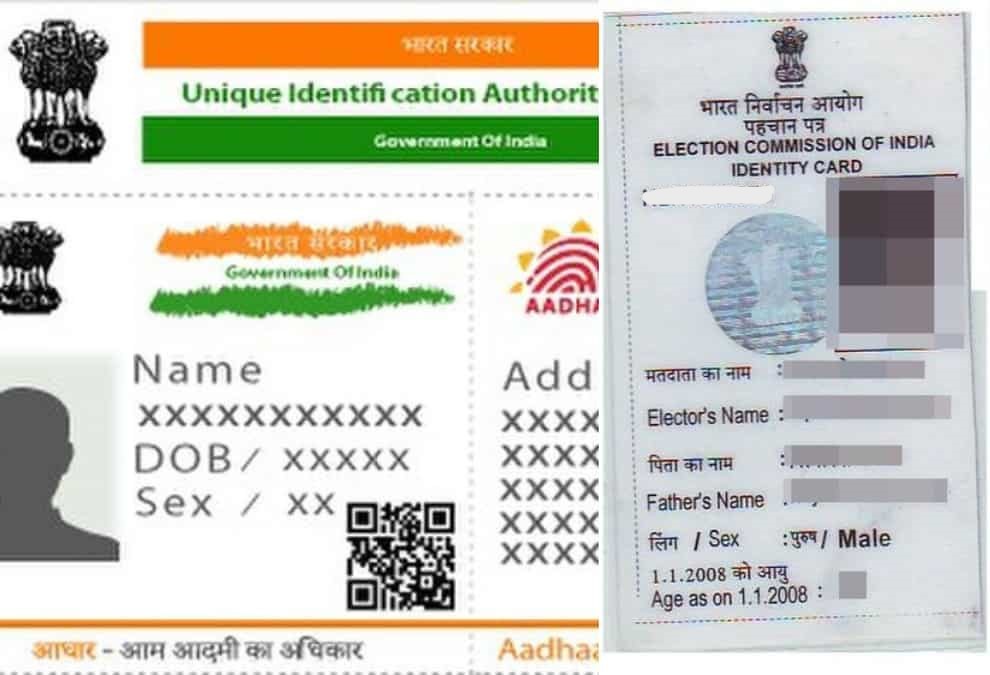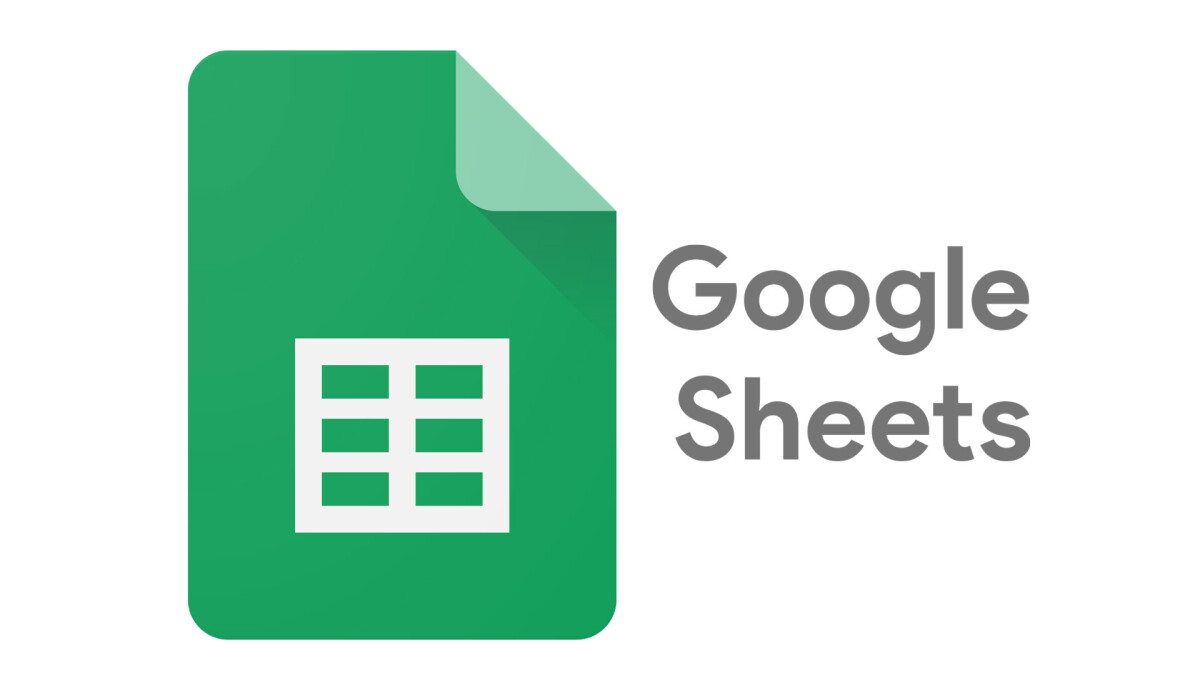A website is a collection of publicly accessible, interlinked Web pages that share a single domain name. Websites can be created and maintained by an individual, group, business or organization to serve a variety of purposes.
Together,
all publicly accessible websites constitute the World Wide Web. Although it is sometimes called “web page,” this definition is wrong, since a website consists of several webpages. A website is also known as a “web presence”
or simply “site”.
Website – The quickest way to take your business online
Websites come in a nearly endless variety, including educational sites, news sites, porn sites, forums, social media sites, e-commerce sites, and so on. The pages within a website are usually a mix of text and other media. That said, there are no rules
dictating the form of a website.
A person could create a website of nothing but black and white photos of roses, or the word "cat" linked to another Web page with the word "mouse." However, many
sites follow a standard pattern of a homepage that links off to other categories and content within the website.
The homepage (or simply “home”) represents the main page of the site itself. Frequently, the homepage is a
sort of “hub” from which all other pages can be accessed. An internal web page to which several other pages are linked in a coherent structure (such as a specific category of topics) is instead called a “parent page.”
So, what is a website?
A website (also written as web site) is a collection of web pages and related content that is identified by a common domain name and published on at least one web server.
Notable examples of websites are imimdesign.com,
wikipedia.org, google.com, and amazon.com. All publicly accessible websites collectively constitute the World Wide Web (WWW).

Essential Features of a Good Website
No single aspect of marketing is more important than a quality website, your organization’s front door. A “good” website isn’t good enough to break through and to convert users into engaged customers and brand ambassadors. What you really need is a great
website.
Thousands of pre-made templates and themes make creating a website easy—if all you want is a simple, off the shelf website that looks professional enough to give business a basic start. But to differentiate in today’s
competitive landscape, you need a website as unique as you are.
Must-Have Features for Local Business Websites
- A Logical Roadmap
- Crucial Business Information
- Social Media Integration
- A Mobile-Ready Version
- Heading and tagline or USP
- Testimonials and social proof
- Optimise website speed and performance
- Contact Information and Clear Navigation
- Ability to easily update title tag and meta description


Ten Things Your Website Can Do (for Starters)
There are many things you can do with your website, here are 10 good starting points:
1. Create a presence:
Who knows about your business? Where can prospects and clients go to learn more? Your website can help establish your business as a going concern, communicate your brand value proposition
and it can convey professionalism. It also extends your reach to anyone in the world.
2. Help build trust:
New clients and prospects might want to know about your business history, your expertise and your specialization. This is a great vehicle for people to learn more and attain that comfort
level they seek.
3. Get listed on search engines:
Build your website incorporating search engine optimization (SEO) techniques so that you can easily be found by people searching for relevant key words. This can be an important
gateway to expanding your business.
4. Point of contact:
Your website provides customers an easy way to contact you and learn more about your products, services and business.
5. Leverage social networks:
Implement a social media strategy to reach a larger audience and to create more buzz about your biz. Establish your presence on Facebook, Google+, LinkedIn and Twitter. Facebook
likes and shares can drive people to your website. Links to popular or topical items from or to your website will add to its relevance.
6. Sell products:
If your business lends itself to online sales, create a virtual store as an alternative or complement to a storefront or office location.
7. Share the latest news:
Whenever there are new developments regarding your business, update your website. Sites that have fresh, relevant and timely information draw users back more often.
8. Blog:
Keep your website fresh and keep drawing people in with regular Blog posts. Show your expertise, share insights and provide practical tips on topics relevant to your business or to your customers.
9. Learn about customers:
Learn about their needs, preferences, and interests. Establish and nurture two-way communication with prospects and clients. This will forge a deeper bond and serve them better.
10. Customer convenience:
Providing customers with multiple ways to interact with your business is almost mandatory these days. Anything less could result in lost sales.
“A successful website does three things: It attracts the right kinds of visitors. Guides them to the main services or product you offer. Collect Contact details for future ongoing relation.”
-------- Mohamed Saad
Conclusion
Let's come to conclusion - today, a website is a must, no matter its a start-up or a well established business, company, shop, market or organisation, school, college anything it could be. You must introduce it to the internet world and to do this you must have your own property on the internet which is having a website on your own domain.









Write A Comment:
Recent Comments: